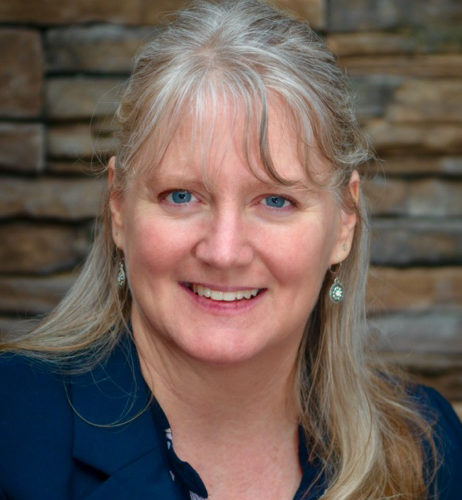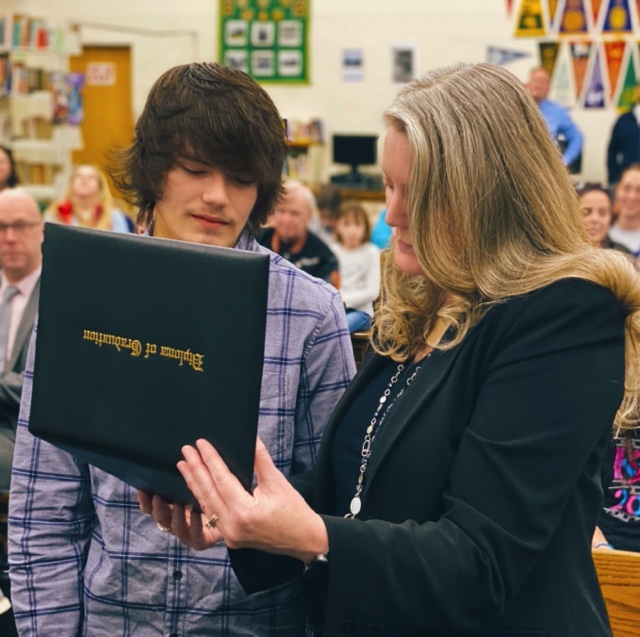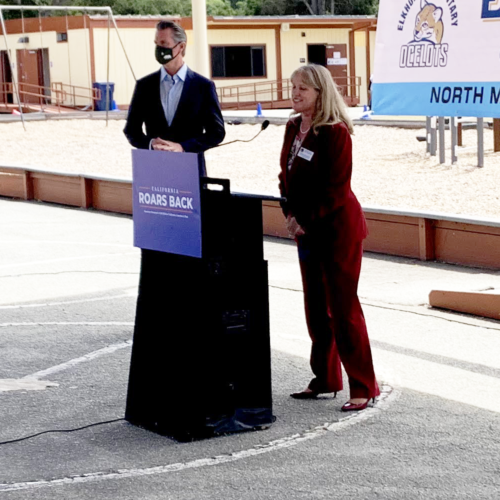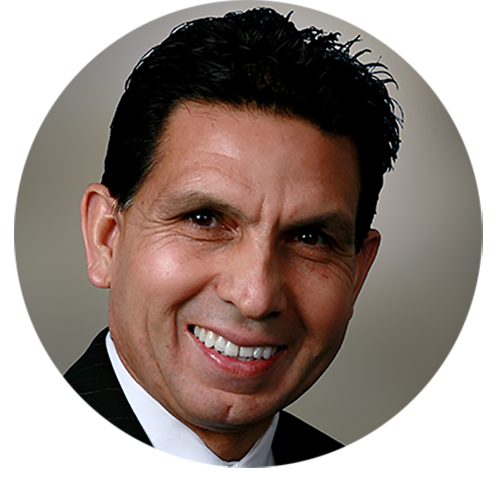Leadership Link
Meet the 2021 TSC Chair Ryan Choate, Director III, IT Network Services Alameda County Office of Education
What led you to your current role at the Alameda County Office of Education or to education in general?
I was living in San Francisco building large-scale corporate networks and servers during the dot com boom. The recession hit and it became very difficult to find work. I started looking for a stable government job so I could support my son. I applied for and received a low-level desktop technician job for the Hayward Unified School District. At HUSD, I was able to justify and receive funding for a complete infrastructure & server refresh for the school site I worked at. I was performing all of my duties and more. I enjoyed the work, felt at home and supported by a community of public sector IT professionals. I then took a position at the Emeryville USD as the IT Director. AT EUSD I replaced all the servers, build an IT disaster recovery plan, replaced all the teacher computers, setup an imaging solution to repair corrupt staff computers and lots more! I then moved to San Leandro USD as the CTO, where I worked on a high-speed fiber optics project in partnership with the city, moved our environment to Google, refreshed all of the servers, created a disaster recovery plan, deployed a 1-to-11 initiative for student devices and much more! After SLUSD I applied for my role at Alameda County Office of Education and here I am. The community of support TSC provides to K12 education does not exist anywhere else. I enjoy my job and I am proud to work with such an exceptional community of IT professionals.
What does your day to day look like as the chair of the TSC Steering committee and in your role at the Alameda County Office of Education?
Honestly, my days are long; I am frequently double-booked for meetings and tend to work late to ensure everything is working and completed on time. I have an amazing TSC executive committee that I work with every day. We distribute the work and I could not do it without them! My day to day as TSC chair is perfect. The daily work we do is making a difference for so many and I would not have it any other way.
What are some of the goals or objectives you would like to achieve within TSC this year?
I would like to solve the digital divide dilemma that our students face. I know that is an unrealistic goal to accomplish in a year, so I will settle for a plan and more accurate data. I have been very impressed with the other steering committees. I see a lot of value in having a goal for us to work together on initiatives and continue expanding our communication across steering committees. I am also working to ensure the good work our subcommittees are doing is relevant for the K12 community. I am also working on expanding our TSC legislative committee to accommodate for an increase in technology legislation and to ensure CCSESA has support from TSC.
What is a bright spot / exemplary program in your Steering Committee that would be of interest to other educators?
TSC has been working with K12HSN to provide internet access for students/teachers/administrators. The collective work we do has allowed schools to operate remotely during the pandemic. Although TSC has not directly worked on mental health initiatives, I have to believe that behind the scenes, we have improved the mental health of everyone involved in K12 education.
What does being a TSC member/chair mean to you?
Being a TSC member has provided me the resources I need to do my job exceptionally well. Every TSC member is family and supportive of one another. Being a TSC member makes me proud; I know I am a part of something that is making a positive difference in this world.
















